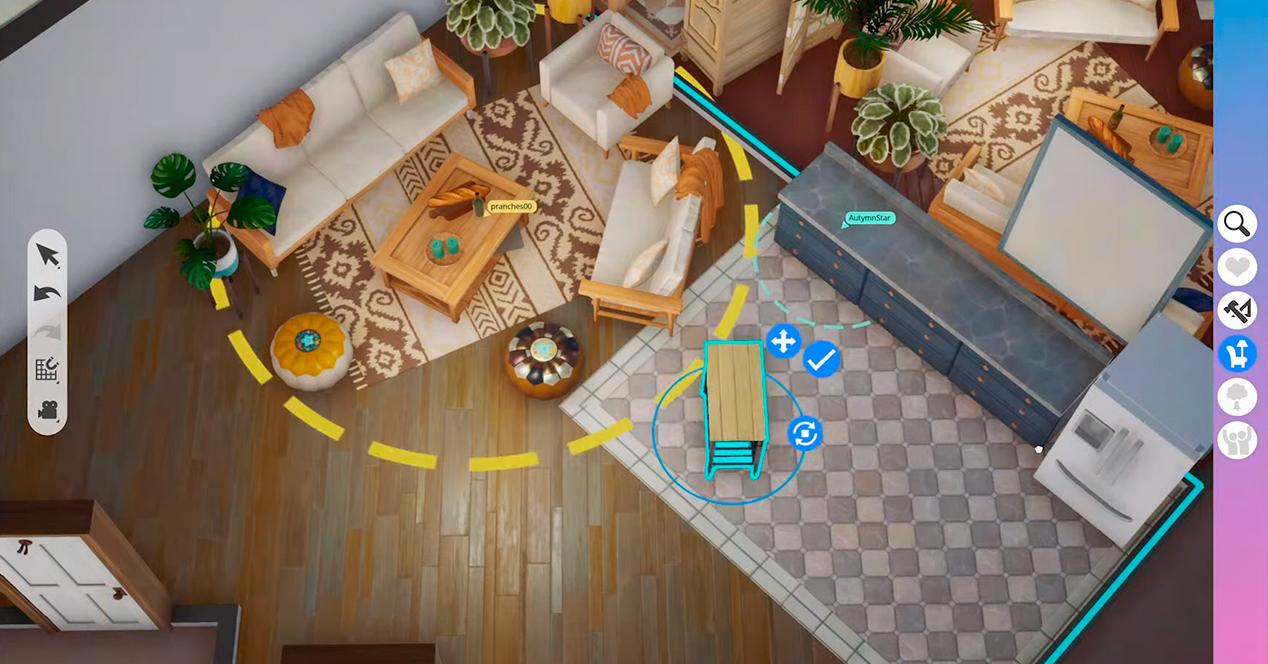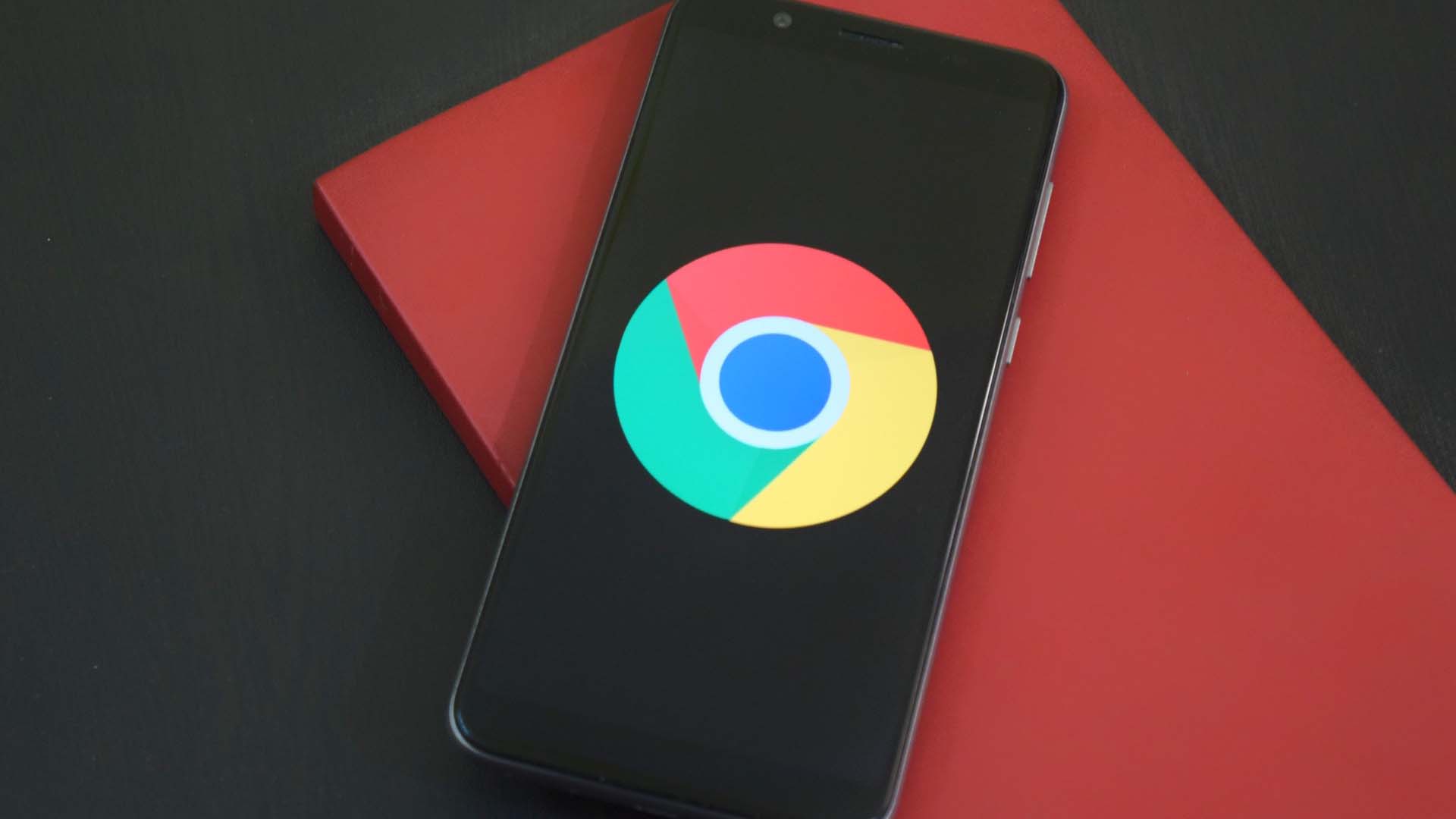
The author of the knife attack that left six injured in Annecy last week refused to give the access code to his iPhone. Since November 2022, this refusal to comply constitutes an offence. Despite everything, the authorities have no other means at their disposal to unlock the attacker’s smartphone.

The terrible knife attack that took place in Annecy last week brings a burning issue back to the fore. In effect, the assailant refused to give the French police the unlock code for his iPhone. Since the publication in November 2022 of a judgment of the Court of Cassation, this refusal constitutes an offence.
More specifically, article 434-15-2 of the criminal code stipulates that it is an offense punishable by three years’ imprisonment and a fine of 270,000 euros. This includes all existing unlocking systems, from simple code to facial recognition.
Refusing to give your code, an offense in France
This penalty is incurred for “anyone having knowledge of the secret convention for deciphering a means of cryptology likely to have been used to prepare, facilitate or commit a crime or an offense, to refuse to hand over the said convention to the judicial authorities or to implement it, on the requisitions of these authorities issued pursuant to titles II and III of book 1 of the code of criminal procedure”.
For many years now, our Android and iOS smartphones have many unlocking systemswhether via a digital code, a pattern, via a fingerprint reader or even by facial recognition.
In the context of a police investigation, accessing a defendant’s smartphone can allow the authorities to get their hands on overwhelming evidence. However, the security mechanisms of our current smartphones are encrypted, and without the owner’s consent, it is very difficult to overcome them.
The controversial politics of the Tech giants
For now, manufacturers like Apple or Google have always refused to unlock remotely one of their devices. And this even in the context of a judicial investigation. For the two companies, this would mean setting up backdoors to make it easier to circumvent the unlocking systems. The two firms have always opposed it, arguing that it would pose a security threat and confidentiality of user data.
In 2016, Apple refused to provide access to the encrypted content of the iPhone of Syed Farook, one of the perpetrators of the San Bernadino shootings. The federal agency then paid hackers a million dollars to bypass the Apple brand’s security systems.
Potential evidence inaccessible
In the case that interests us today, namely that of the striker from Annecy, justice finds itself once again at an impasse. By refusing to communicate the unlock code of his iPhone, the defendant is liable to a prison sentence and an additional fine. Despite everything and as long as he remains silent, all the potential evidence stored on his iPhone (SMS, browsing history, etc.) remain inaccessible to the authorities.
To sum up, this case once again raises the problematic question of the policy of the Tech giants, which under the guise of guaranteeing the security of their systems, refuse to collaborate with the authorities. And you, what is your opinion on this sensitive subject? Tell us in the comments.



